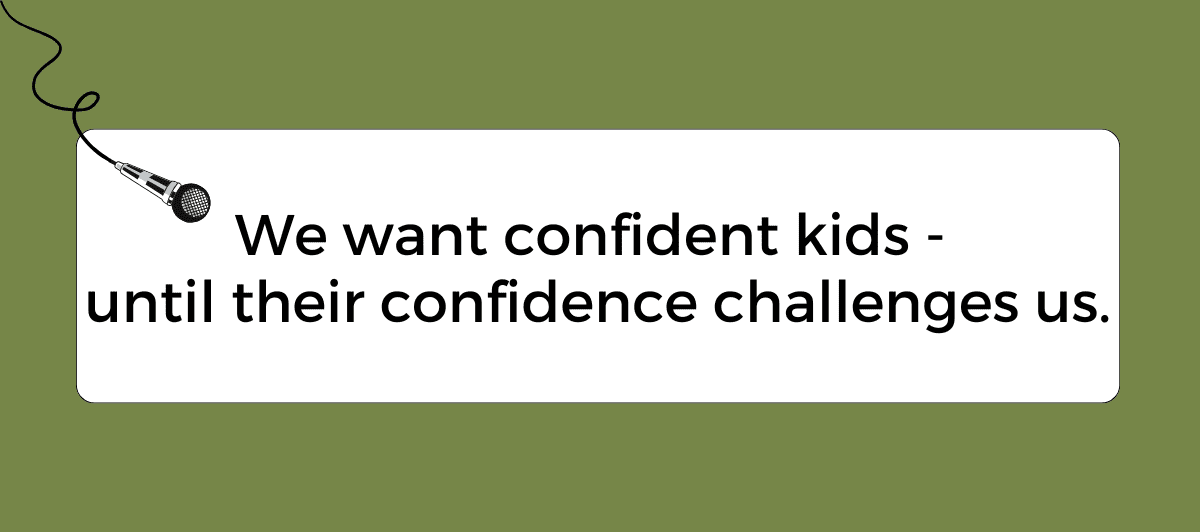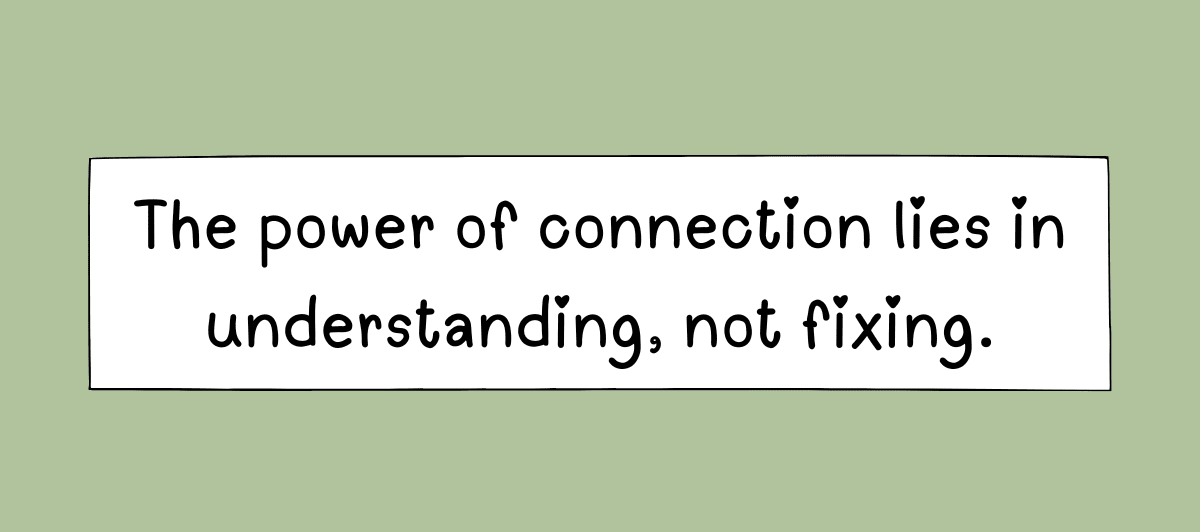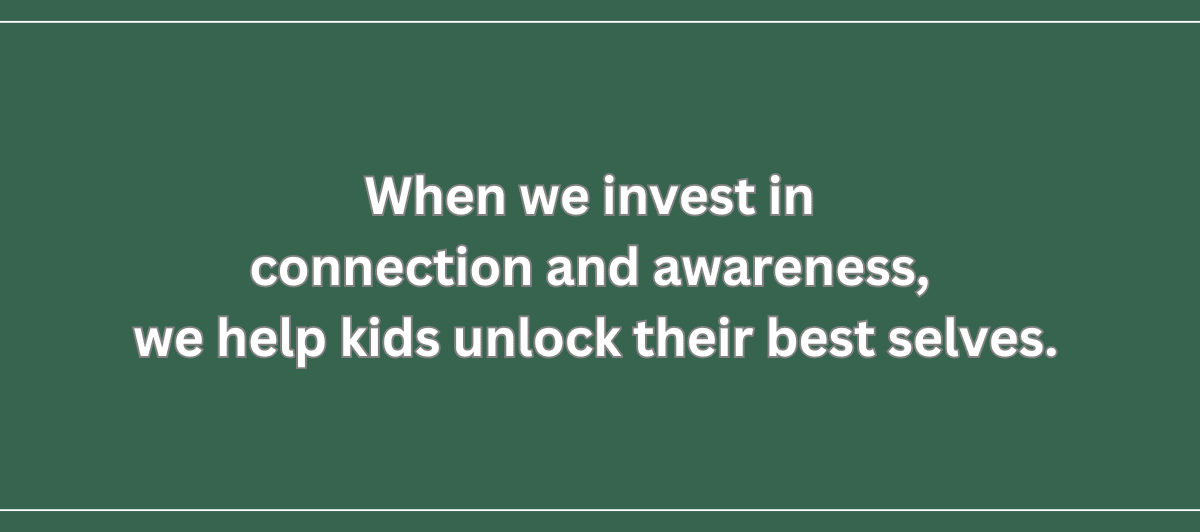
Why Cheering Matters: Kids Notice More Than You Think
This summer, the sidelines will be full.
From soccer fields to baseball diamonds, basketball courts to swim meets—everywhere you look, kids will be running, jumping, skating, throwing, kicking, dancing, and giving it their all.
And behind the action? Parents. Sitting. Standing. Watching.
Some fully present—clapping, smiling, cheering. Others half-scrolling, half-listening, missing the moments their kids will remember.
Here’s why cheering matters: our kids notice.
They see who’s paying attention. They hear who’s cheering. And when they do, they feel something powerful—supported, encouraged, seen, valued.
I asked my son and his friends if they like hearing people cheer. Their answer was a resounding: “YES.”
What they don’t want to hear are negative comments or criticism—shouting at referees, over-celebrating every move, or yelling about mistakes. It can leave them feeling discouraged or self-conscious, which takes away the fun.
This is what I know: When you cheer, you’re not just supporting a game—you’re supporting their growth, their confidence, and their joy. You’re supporting your connection to them. It’s a powerful reminder why cheering matters.
Until next time…










